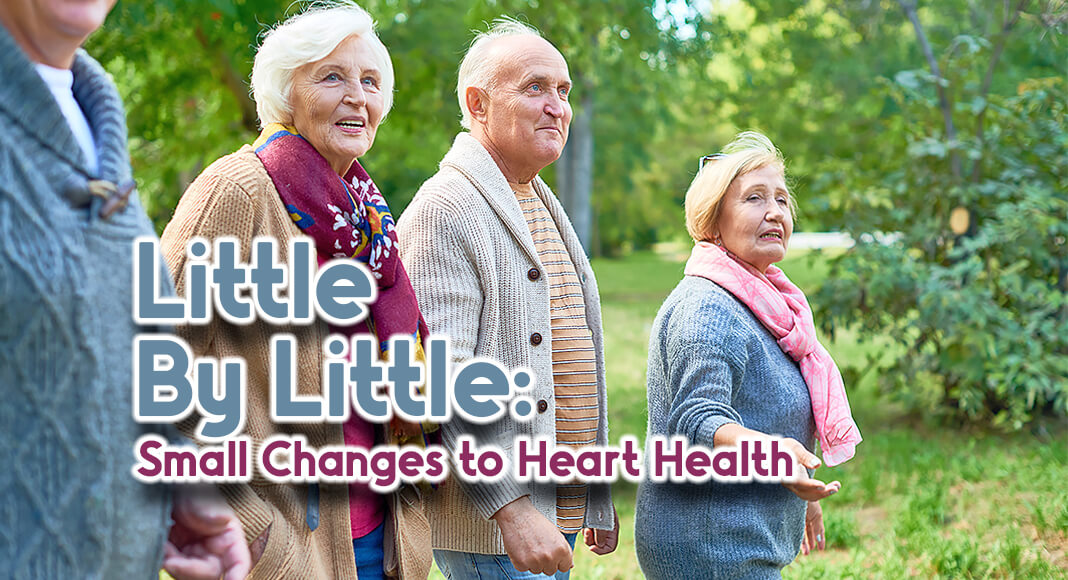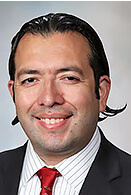
Mega Doctor News
By Sharon Theimer / Mayo Clinic News Network
JACKSONVILLE, Florida — Switching from an unhealthy diet and sedentary lifestyle to healthy eating and exercise can be daunting. In this expert alert, Juan Cardenas Rosales, M.D., an internal medicine physician and medical director of the international medicine practice at Mayo Clinic in Jacksonville, Florida, shares small steps and one big one that can lead to a heart-healthy life.
Taking the first step can be difficult, whether trying to eat a nutritious diet, exercise more or both, Dr. Cardenas says. That is in part because people often set high expectations for themselves and try to reach them immediately, rather than approaching it as a process.

“It is better to make these changes little by little, and stay consistent, than to make a sudden change that is difficult to maintain,” Dr. Cardenas explains. “For example, don’t start exercising 30 minutes a day, five times a week, but start with 10 minutes every third day. Also, adjust your diet, and each day lower your sugar consumption a little, your fat consumption, your salt, and so on, little by little. Start with small steps but keep moving forward.”
Dr. Cardenas recommends gradually substituting healthier choices into your diet, such as fish, chicken, fruits, vegetables, legumes and whole grains.
“Drinking a lot of water is also important, at least 2 liters of water a day, and staying away from processed foods that are very high in certain types of harmful fats like trans fats,” Dr. Cardenas says.
One of the hardest moves to make can be skipping favorite foods that are now known to be unhealthy but have been part of family meals for generations, he adds.
“Many times, in our culture, our tradition, this type of diet has been followed for many years, and it is what we were often taught by our relatives, our grandmother, our parents. But many times, that does not mean that it is healthy for us,” Dr. Cardenas says. “If we know that it is something that is harmful to our health, we should always try to choose the healthy option.”
Working toward adequate sleep — at least seven hours — is also important for heart health. It reduces the risk of cardiovascular disease and serious conditions, such as hypertension, diabetes and high cholesterol, that are also risk factors for heart disease, Dr. Cardenas says.
“By having a good sleep, we also allow our body to recover and to be ready to continue the next day,” he explains. “It has also been shown that many times, not sleeping well can lead to chronic stress.”
There is one big change that Dr. Cardenas recommends making immediately: Stop smoking and avoid secondhand smoke, exposure to other people’s smoke.
“The moment one stops smoking, the risk of cardiovascular disease decreases,” he says. “Research has shown that after one year of completing quitting smoking, the cardiovascular risk falls to half that of a person who smokes.”
Before starting an exercise plan, it is a good idea to talk with your healthcare team to ensure a safe approach, Dr. Cardenas advises. It is also a good practice to schedule annual checkups so your healthcare team can screen for heart disease and risk factors, such as diabetes, hypertension and high cholesterol, he adds.
Information Source: Mayo Clinic News Network









